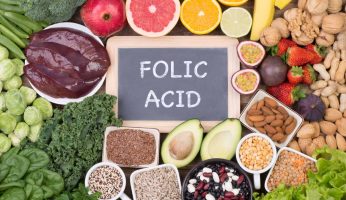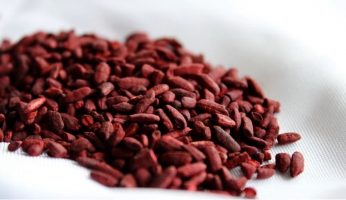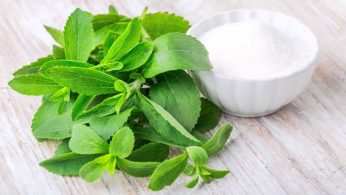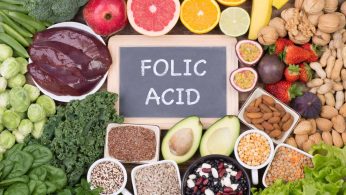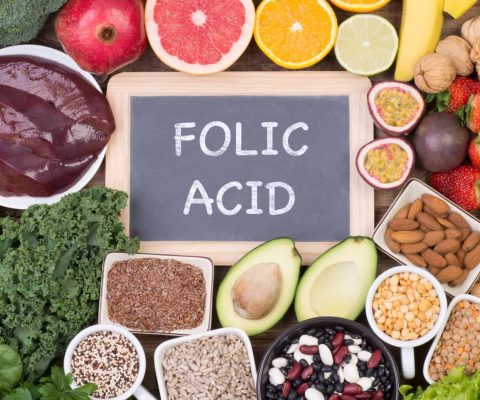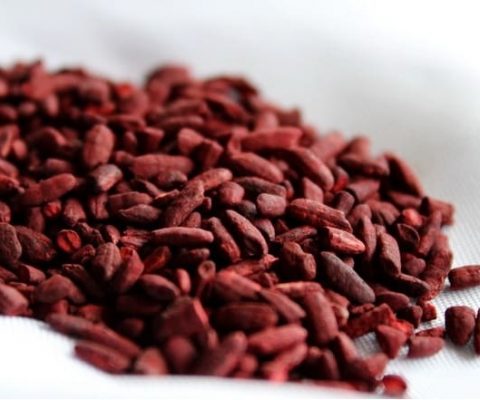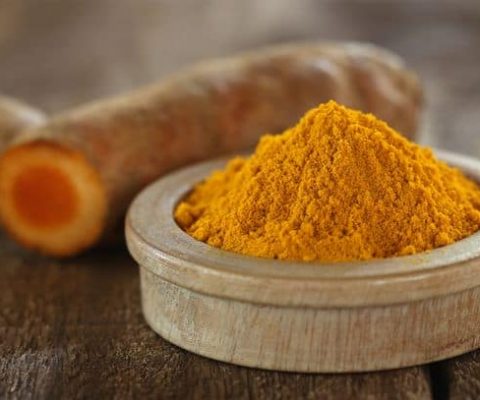The Best Food Supplements to Take During the Cold Season
Disclosure: We use affiliate links and may receive a small commission on purchases.
 The Best Food Supplements to Take During the Cold Season
thefitbay.com
The Best Food Supplements to Take During the Cold Season
thefitbay.com
The cold season is here and we need to go the extra mile to take care of our health by taking the right whole foods supplements. Whole-food supplements are comprised of various blends of dehydrated, concentrated whole foods that are often combined with other vitamins and minerals.
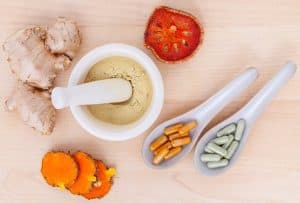
Many health professionals are going on the record stating that due to the fact that the nutrients in whole foods supplements are combined in a manner that is similar to their natural food state which means that your body can utilize and in turn absorb them far better.
With the rising number of whole-food supplements that are becoming available, how can one know which are the best food supplements to take during the cold season? Here is our guide for you to make the best choices to ensure optimal health this cold season.
Vitamin C:
Vitamin-C based formulas are one of the top choices to combat against colds and flu’s during the cold months. In the past, so many people used traditional fruit and veggies to help assist in warding off seasonal illness due to their increased levels of vitamin C.

However, in our modern, health-advanced society fruits and veggies are no longer all that is to offer. Raw Vitamin C is a great go-to source as it provides upwards of 500mg of vitamin C per serving, which is equivalent to 9 small oranges!
Bee Pollen:
Bee pollen is the food that bees create to feed their young, and is also highly-regarded as one of nature’s most perfect foods. Bee pollen boasts over 96 different nutrients of which are required for health and well-being, including an abundance of antioxidant carotenoids (beta-carotene, lycopene, zeaxanthin, the complete B and E complexes, vitamins C, D, and even protein). And, it is one of only a few foods that naturally contain vitamin D, as well as an abundance of trace minerals including iodine, magnesium, selenium, and Linoleic acid which is the only fatty acid essential for human nutrition of which one’s body cannot make on its own.
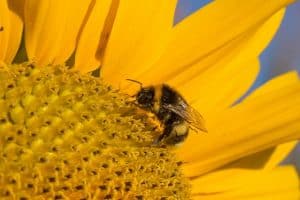
Additionally, the nutrients that are found in bee pollen have also been shown to have a greater impact on the health of your immune system. Not to mention that due to the fact that bee pollen is collected from flowers, it thus contains trace amounts of many of the substances that flair-up seasonal allergies and consuming these small amounts can, in turn, have a highly beneficial effect on building overall resistance.
Spirulina:
Spirulina is minuscule blue-green single cell algae of which thrive in alkaline environments and are highly regarded for the role that they play in synthesizing an abundance of minerals into their structure. Some of these minerals include selenium and magnesium, both of which have been shown to be lacking in the bodies of many Americans.
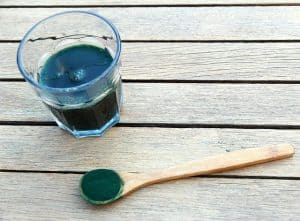
Spirulina also contains full B and E complexes, as well as increased levels of xanthophylls, along with other antioxidant pigments and is also super rich in complete protein; providing all of the essential amino acids in a manner that is far easier for your body to digest than that of the protein that is found in animal products. As spirulina is also highly rich in both enzymes and fatty acids (namely palmitic, gamma-linolenic (GLA), and essential linolenic), these fatty acids assist in stimulating skin and hair rejuvenation, maintaining bone health, regulating one’s metabolism and even helping to maintain the reproductory system.
Alfalfa:
Alfalfa is mainly unique due to the fact that it grows 15 feet in the ground, which permits it to reach certain resources that other food-plants simply can’t reach. Alfalfa is one of the most mineral-rich foods, boasting optimal levels of calcium, magnesium, potassium, and various trace minerals like zinc, selenium, sulfur, and copper. And these minerals come in a naturally balanced form of which allows for maximum absorption. Alfalfa is a well-known detoxifying agent for the urinary tract, and can also assist in purifying your blood, while also assists in creating alkalinity in the body.
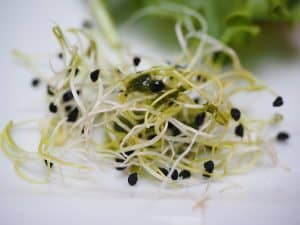
Alfalfa is also highly regarded in helping your body with issues of constipation and digestive problems, while also reducing atherosclerotic plaque, and supporting your pituitary gland.
Alfalfa is an excellent source of high-grade vegetable proteins and produces upwards of 4740 IUs of vitamin D per pound, along with a great amount of vitamin U (S-Methylmethionine) which is well known for its healing power of ulcers. that has shown promise for healing ulcers. Be wary where you purchase your alfalfa from, however, as much alfalfa is now genetically modified, be sure to only purchase organically grown alfalfa.
Elderberry:
Elderberry is a super powerful antioxidant of which helps to provide essential support with regards to your body’s own natural immune defenses.
Black Currant:
Black Currant whole food supplements support a healthy microbial balance while in turn assisting to maintain normal cell growth.
Holy Basil:

Holy Basil or Tulsi is highly regarded due to the support that it provides immune cells as well as multiple markers of a complete and healthy immune function. Holy Basil also helps to promote your cognitive functions of which provides significant support in terms of your overall alertness, focus and even offers a healthy attention span including the speed of both your memory and your short-term memory.
Mushroom:
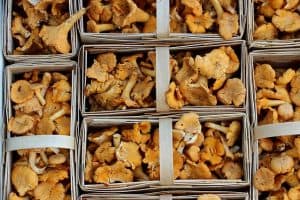
There are a ton of different Mushroom formulas available, including both supplements and tonics and all of which assist in delivering the mushrooms’ whole protective shield by way of combining mycelium, which is the mushrooms’ extracellular compounds, fruiting bodies, and spores.
Each different stage of a mushroom’s life cycle adds essential nutrients and protection to the mushroom itself, and the combination of all of these stages, in turn, creates an activated shield to your own body in order to keep you healthy and well throughout the winter months.
Oregano:
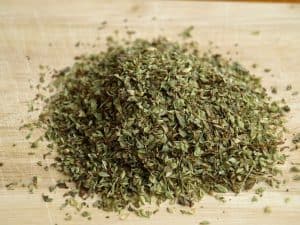
Oregano is a wonderful whole food supplement to take during the cold season as it assists to reduce oxidative stress, which is a free-radical scavenger. Oregano is also well known for its support of a healthy immune system.
In fact, Oregano was consistently utilized by Ancient Greeks and was, in turn, lauded for its natural capability to help to support a normal respiratory and digestive function.
Zinc:
Zinc helps to deliver key nutrients in their most active form within the infinite complexity of whole foods. And, whole-food cultured Zinc helps to provide significant immune support, while also supporting skin resilience and assisting in your body’s natural ability to maintain the overall integrity of your skin and mucosal membranes.


